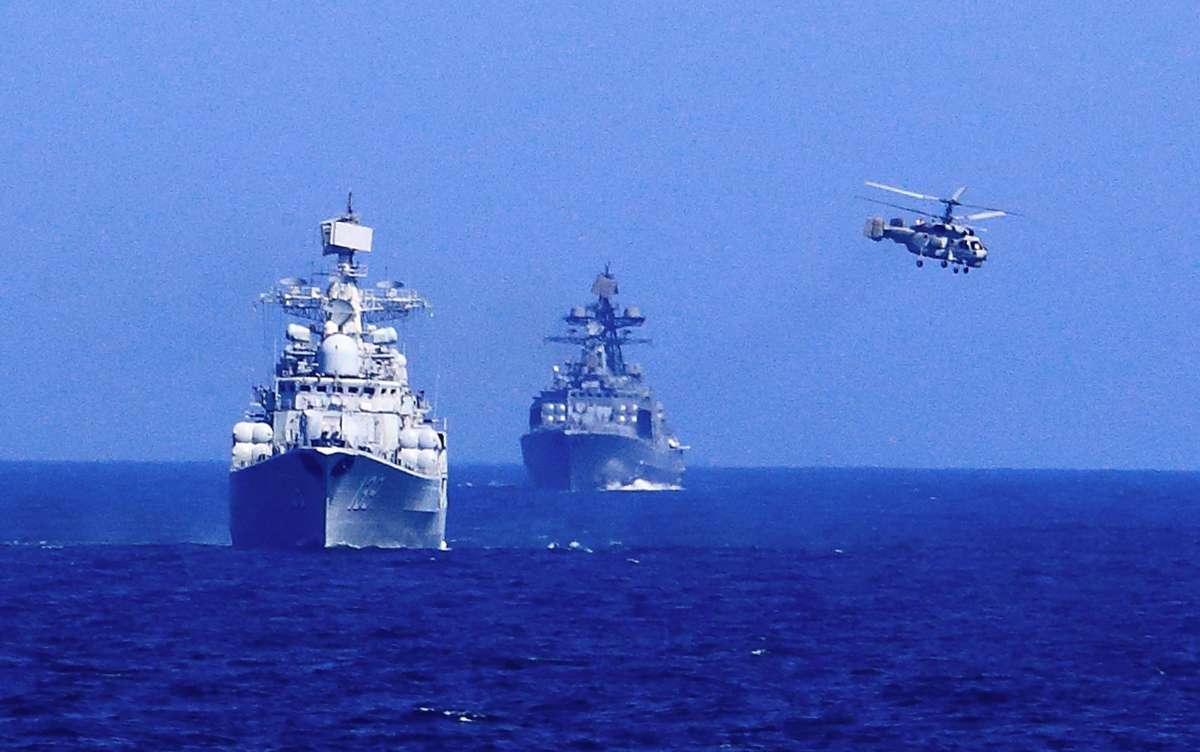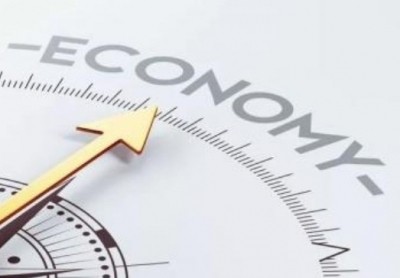Drawing parallels with Russia’s 2022 invasion of Ukraine and the semiconductor shortage post-Covid lockdowns, the potential impact of a conflict in the Taiwan Strait on the global economy is substantial….reports Asian Lite News
A potential conflict over Taiwan carries an unprecedented cost, with Bloomberg Economics estimating a staggering $10 trillion, equivalent to 10% of the global GDP. This projection surpasses the impact of recent significant events such as the war in Ukraine, the Covid pandemic, and the Global Financial Crisis.
Several factors contribute to the heightened risk of a crisis, including China’s growing economic and military prowess, Taiwan’s burgeoning national identity, and strained relations between Beijing and Washington. As the cross-Strait relations take center stage, Taiwan’s upcoming January 13 election becomes a potential flashpoint.
While the likelihood of an immediate Chinese invasion seems low, conditions are ripe for a crisis. Reports of corruption within China’s military and doubts about President Xi Jinping’s capacity to execute a successful campaign add complexity to the situation. Although tensions eased following the November summit between President Joe Biden and Xi, global stakeholders, from Wall Street investors to military planners, are actively hedging against potential risks.
National security experts, think tanks, and global consulting firms are scenario-planning various outcomes, ranging from a Chinese maritime quarantine to a full-scale invasion or seizure of Taiwan’s outlying islands. The interest in a Taiwan crisis has surged, with multinational firms seeking guidance amid geopolitical uncertainties.
Drawing parallels with Russia’s 2022 invasion of Ukraine and the semiconductor shortage post-Covid lockdowns, the potential impact of a conflict in the Taiwan Strait on the global economy is substantial. Taiwan is a crucial player in the semiconductor industry, contributing 5.6% to global value added. The world relies heavily on Taiwan for advanced logic semiconductors, with sectors using chips as direct inputs amounting to nearly $6 trillion. The total market cap for the top 20 customers of Taiwan Semiconductor Manufacturing Co. is approximately $7.4 trillion. The Taiwan Strait, being one of the busiest shipping lanes globally, adds another layer of complexity.
Bloomberg Economics has modeled two scenarios, both projecting severe impacts on GDP. In the event of a war, Taiwan’s economy could face a devastating 40% blow to GDP. China’s GDP would suffer a 16.7% setback, and the US, interconnected through its reliance on the Asian electronics supply chain, could see a 6.7% decline. Globally, GDP would decrease by 10.2%, with South Korea, Japan, and other East Asian economies bearing the brunt. The models consider the disruption to semiconductor supply, shipping, trade sanctions, tariffs, and the ripple effect on financial markets. The potential consequences underscore the vulnerability of global supply chains and emphasize the critical role of Taiwan in the world economy, necessitating strategic planning and risk mitigation efforts on a global scale.
ALSO READ: Brexit Costs UK Economy £140 Billion











